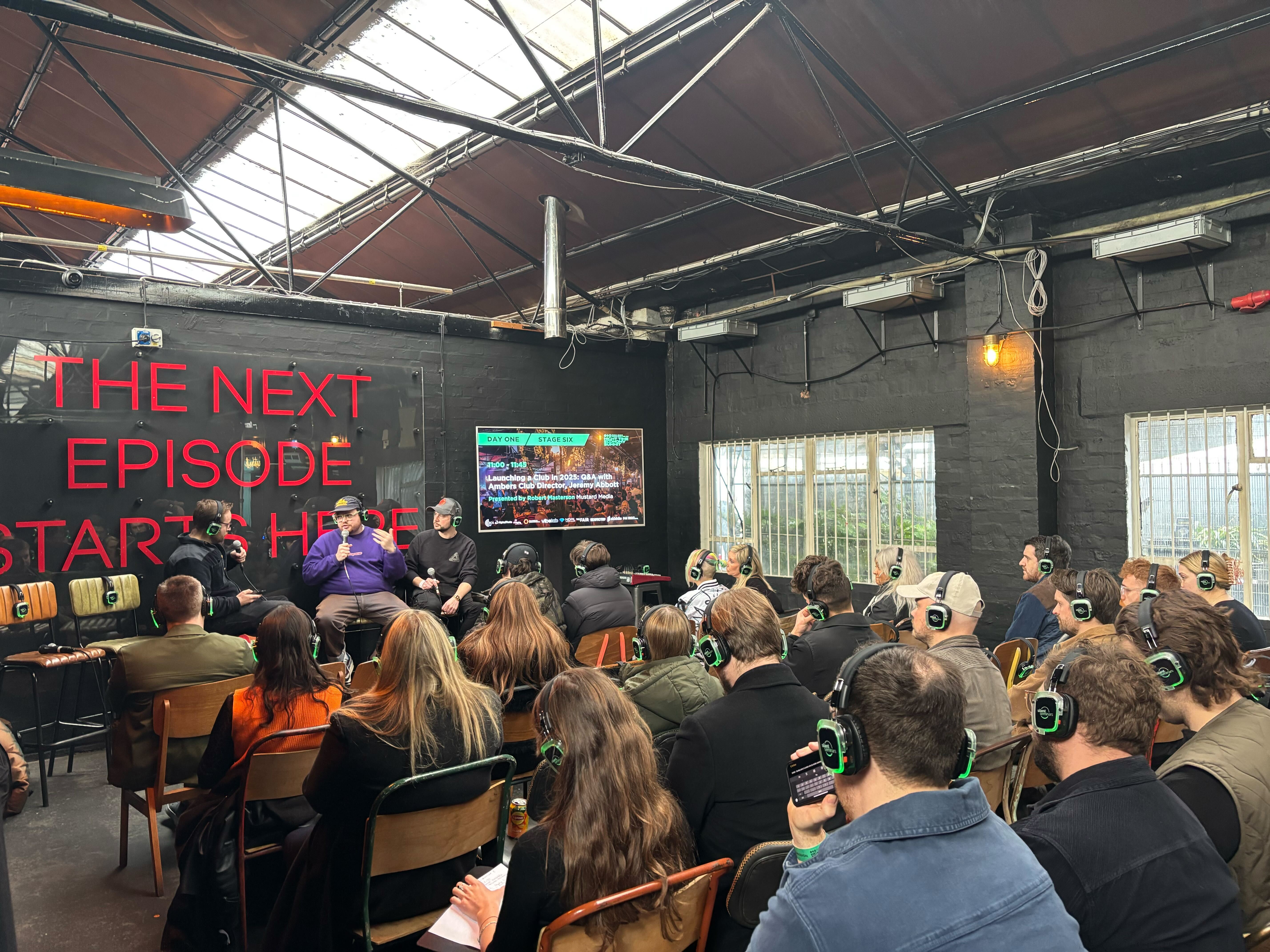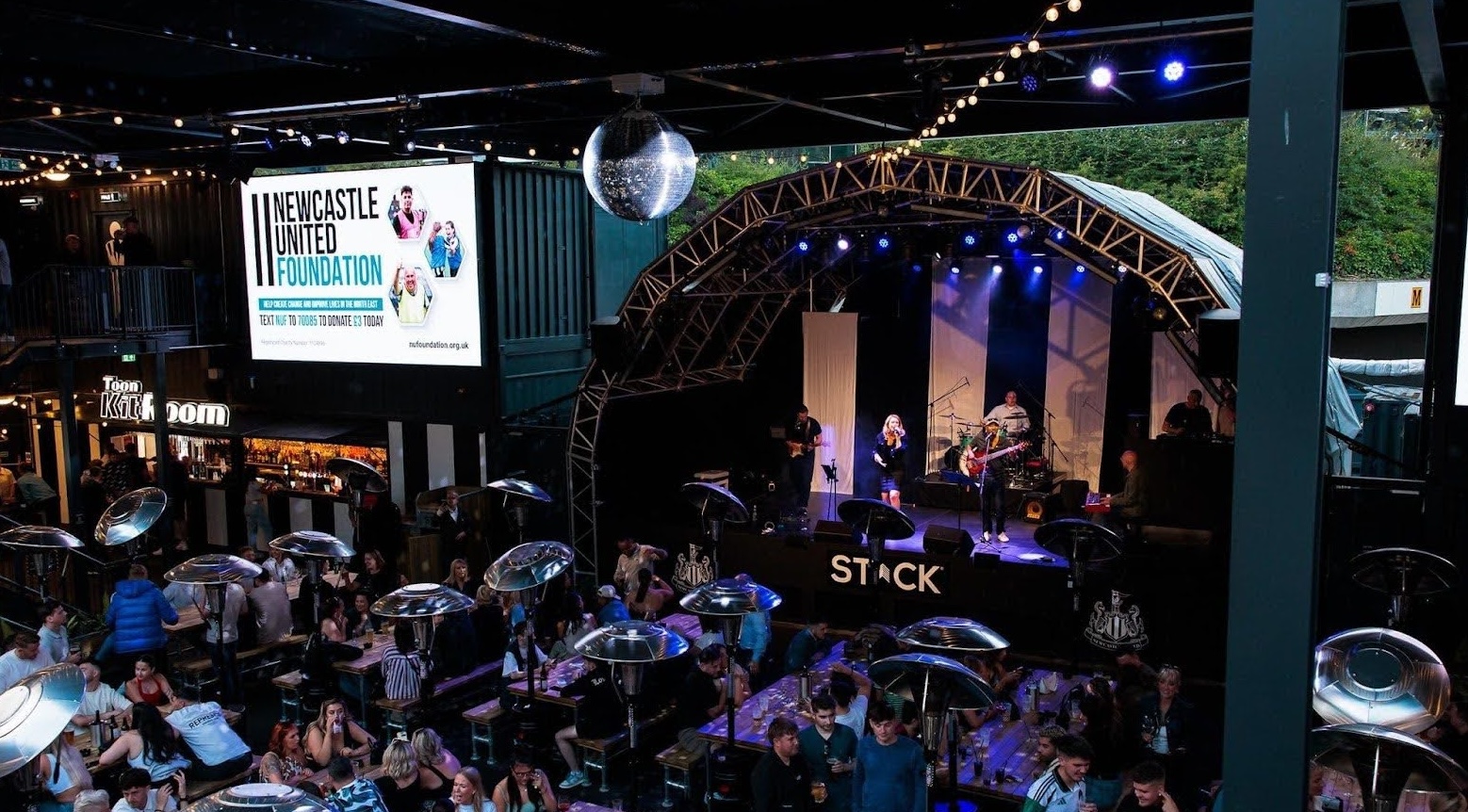
Night Time Economy Summit – Key Takeaways
Hockley Social Club in Birmingham hosted the Night Time Economy Summit, bringing together global industry experts for two days to shape the future of the night time industry.
The summit provided a valuable platform for attendees to exchange insights and strategies to navigate the sector’s challenges in the year ahead. This year’s event was the largest and most diverse to date, welcoming representatives from Europe, Japan, the U.S., Canada, South America, and Australia. With a focus on fostering domestic and international partnerships, the summit elevated conversations and strengthened industry-wide collaboration.
The event featured key discussions spanning multiple sectors of the Night Time Industries Association (NTIA), outlining strategic plans for the coming years and facilitating meaningful connections among industry leaders. Here are the key takeaways from the Night-Time Economy Summit.
International Keynote
Speakers: Philip Kolvin KC (Barrister), Richard Parker (Mayor of West Midlands), John Graham (NTE Minister, NSW Government)
Opening the summit, Philip Kolvin outlined the NTIA’s strategic vision for the year ahead, emphasising the importance of global collaboration. He highlighted how international partnerships could offer valuable lessons for improving the sector. He stated: “We have so much to learn internationally. NSW for example, sets a shining example of how the will of people, creativity by our businesses, and authority of government can collaborate for the betterment of their NTE.”
Not only is it the largest Night Time Economy Summit, but it’s also the largest and most diverse the NTIA has hosted so far. Philip’s keynote perfectly outlined what to expect over the coming two days and as an opportunity to foster exciting new partnerships, both domestically and internationally.
Grassroots Music: Supporting The Future
Panellists: Kit Muir Rogers (GigPig), Sophie Brownlee (Head of PA, MVT), Lyle Bignon (NTIA Birmingham), George Fleming (Save Our Scene), Carly Heath (NTE Advisor, Bristol), Joe Frankland (PRS Foundation)
With 125 grassroots music venues closing in 2023 and one shutting every two weeks in 2024, this panel underscored the urgent need for intervention. Mediated by GigPig's co-founder Kit Muir Rogers, discussions revealed that venues operate on razor-thin profit margins of just 0.48%.
Sophie Brownlee noted how evolving consumer habits have impacted businesses while also highlighting their adaptability, she said: “We need to recognise what communities lose when a venue shuts. But the appetite for going out and listening to live music hasn’t gone down.”
A key topic that was always going to dominate the panel coming into it, was the vitally important £1 ticket levy for grassroots venues, though uncertainty over its implementation raised concerns. George Fleming emphasised the need for swift action, added: “It was really positive to see Chris Bryant write to the music industry that they’re going to make the ticket levy statutory if it’s not put in earlier. We don’t want it to become statutory because it takes a long time.
“We need a combination of the ticket levy managed by government and public bodies. It needs to be backed up by public finances for venues that fall through the cracks. Can the industry regulate itself and spend the money? It can. But there needs to be enough money there to give proper support.”
But above all, sufficient investment for the industry couldn’t have been stressed enough, as without it will threaten the ecosystem of the music industry. Joe Frankland said: “It needs understanding that there needs to be a lot of investment in grassroots. It’s understanding the needs for the infrastructure and supporting an artist. It needs to be across the whole system.
“The way we go about it in this country is backwards in the progression of statutory services, we’re hamstrung here. But, look at where we were 10 years ago, we are streets away with the conversations that we’re having here today.”
“It’s about recognising that nightlife is a community, it’s a family, it’s got our backs,” Carly Heath concluded.
UK NTE Advocates Shifting Priorities within Government.
Panelists: Michael Kill (CEO, NTIA), Sacha Lord (GM NTE Advisor), Carly Heath (NTE Advisor, Bristol), Michael Rodrigues (NSW Australia), Colin Neill (Hospitality Ulster), Freek Wallagh (Night Mayor, Amsterdam)
As the summit marked its fifth year, discussions focused on the need for more devolved powers for local councils to enact meaningful change. Colin Neill voiced both support and concern, he said: “I’m a huge supporter of devolving, but it comes with its problems. As we devolve, we need the funding with the devolution as we won’t get a solution.”
Even internationally, this is an issue pertinent to Amsterdam, where Freek Wallagh responded: “I’m an adamant believer that the lowest decisions should be made at the lowest level possible, as different areas and neighbourhoods require different things. There will always be gaps when the government is making decisions, and it’s about making sure local councils fill those gaps.”
This point was reiterated when Michael Kill asked the panel, ‘What needs to be implemented to make your role easier?’ All three of the UK advisors on that panel unanimously agreed that there needs to be more nightlife advisors and a Minister of Hospitality.
“We need to have a nightlife advisor in every local council,” Carly Heath added. “to think that we don’t have someone think about what happens when the sun goes down is ridiculous.”
Data-Driven Insights: Enhancing NTE Classification
Panellists: Si Chun Lam (WMCA), Gareth Williams (GMCA), Christian Sayer (WMCA), Katie Cooper (ONS), Nick Webster (MHCLG)
A conversation that regularly happened during the summit was data… or lack of it.
Put simply, and echoed in this panel, the data that the NTE has isn’t good enough, and this can become such a hurdle when trying to lobby decision-makers. But most importantly, that data is currently being improved and was outlined in this panel for the entire country.
Gareth Williams added: “The data that we have isn’t good enough. We know our data isn’t good enough for the NTE, which is fundamental in what we’re trying to do.”
A promising solution lies in improved data collection, particularly regarding Agent of Change policies, especially regarding noise complaints, which are crippling the industry. Better data will help inform property developers and local councils before they approve projects near existing venues, reducing industry disruptions.
Final Thoughts
The 2025 Night-Time Economy Summit was a landmark event, bringing together a record number of industry leaders to tackle pressing challenges. From international collaboration and grassroots music funding to government policies and data-driven strategies, the summit reinforced the importance of collective action.
It was made crystal clear that our advisors lobbying, challenging and questioning decision-makers have identified the issues and have created clear solutions to improve the industry we all love.
Related news


.jpg)
.jpg)

.svg)

